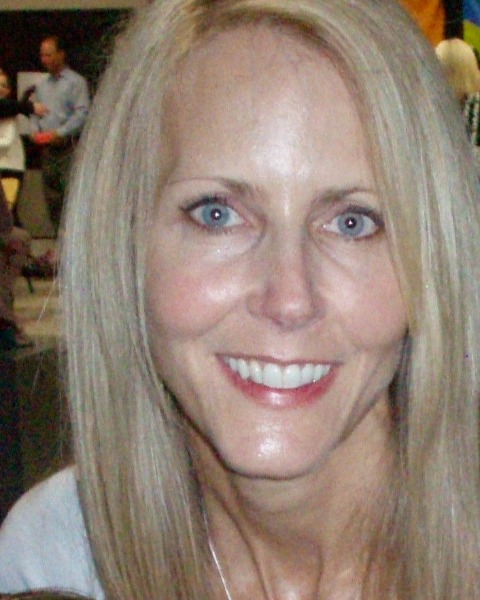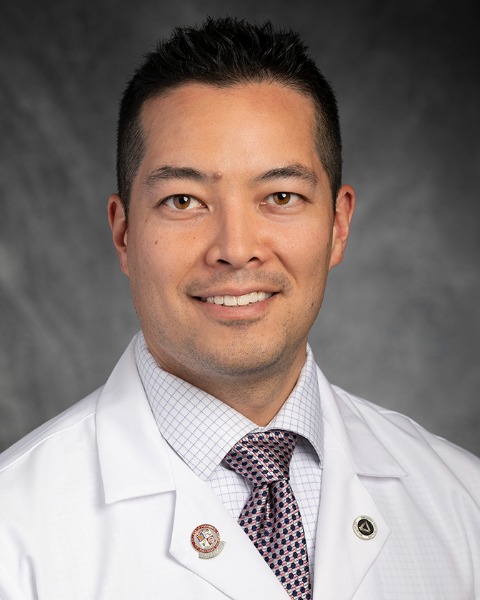Transcending Racial and Social Disparities in Post-ICU Outcomes
-

Kehllee Popovich, ACNP, MSN
APP Education; Structural Heart Program - Clinical APP
University Hospitals Cleveland Medical Center
NoveltyDisclosure information not submitted.
-
JK
Janet Kloos, CCNS, CCRN, PhD, RN
Clinical Nurse Specialist
University Hospitals Cleveland Medical Center, United StatesDisclosure information not submitted.
-

Jason Makii, PharmD, FCCM
Director of Pharmacy
University Hospitals Cleveland Medical Center
Cleveland, Ohio, United StatesDisclosure information not submitted.
-
EK
Elisabeth Korosec
Care Transitions Social Worker
University Hospitals Cleveland Medical Center, United StatesDisclosure information not submitted.
-
EH
Elizabeth Hewett
Chaplain
University Hospitals Cleveland Medical Center, United StatesDisclosure information not submitted.
-
MD
Michael Dzigiel, PT, DPT
Inpatient PT - Clinical Specialist
University Hospitals Cleveland Medical Center, United StatesDisclosure information not submitted.
-
sK
stephanie Kubec, OTR/L, CSRS
Senior Therapist
University Hospitals Cleveland Medical Center, United StatesDisclosure information not submitted.
-
RS
Robert Snyder, MAEd, RRT, RCP
Pulmonary Disease Navigator
University Hospitals Cleveland Medical Center, United StatesDisclosure information not submitted.
First Author(s)
Co-Author(s)
Title: Transcending Racial and Social Disparities in Post-ICU Outcomes
Introduction/Hypothesis: An advanced practice nurse-led, patient-centered Post-ICU clinic opened to address Post-Intensive Care Syndrome (PICS), a complex syndrome of physical, cognitive and psychological disorders following a prolonged ICU stay. An innovative, interdisciplinary approach integrates physical, occupational and respiratory therapy; pharmacy, and the spiritual care team. A Social Worker was added to the team to address socioeconomic needs.
Methods: Our Post-Intensive Care Syndrome Clinic (PICS Clinic) identified a subgroup of ICU survivors who lack social support and resources. Our clinic actively addresses food and living environments and lack of education surrounding health maintenance in this patient population. A Social worker was added to our Interdisciplinary team to meet these needs. Reports of strong spirituality was supported by the chaplain.
Results: African American ethnicity was found in over forty percent (12/21) of those attending the Post ICU clinic. Twenty five referrals were made for physical and occupational therapy, pulmonologist, psychiatry, pain management and rheumatology. Nine socioeconomic issues were addressed including recommending a furniture bank (a patient’s house had burned), transportation, utility coverage and assistance with disability application. A chaplain provided spiritual support and encouragement. Patients reported being grateful for the care, look forward to finding new meaning and their mission in life
Conclusions: Within the PICS population is a subset of patients who are covered by Medicaid, many of them from communities of color, who are particularly susceptible to prolonged PICS due to lack of social support. This vulnerable population has worse intensive care outcomes and health outcomes in general. Social issues identified can be resolved by Social Worker involvement in the interdisciplinary team. Additionally, the chaplain attention to the spirituality is essential in a population where faith is deeply personal.
